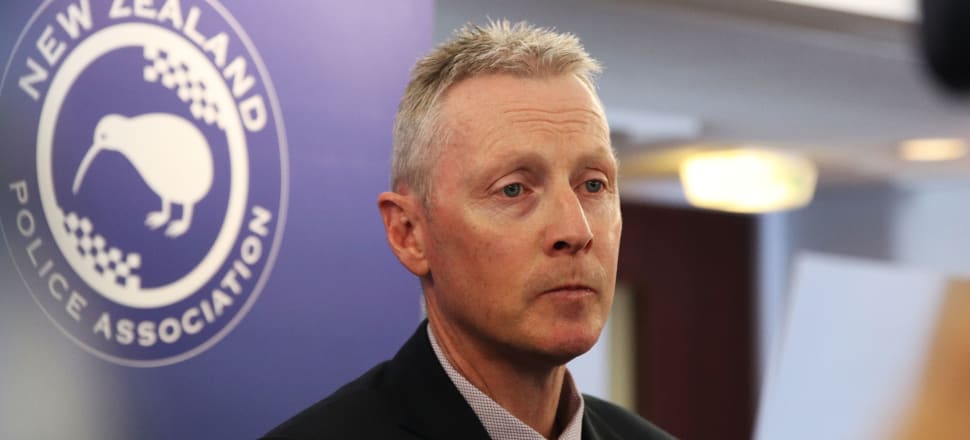
Procurement documents show an escalating concern roadside drug testing would not be going ahead, with the Police Association now saying if ministers had front-footed the inevitable some form of testing could still have been pursued.
Police spent more than $1 million to implement new roadside drug testing laws, but the roadside drug testing part is yet to happen.
Random roadside drug testing was supposed to begin on March 11 but hasn't because the oral tests required do not exist. READ MORE: * Random roadside drug testing no longer going ahead * Politicians vow to resolve roadside drug testing ‘debacle’
Monthly police reports show it first became apparent in August last year that procuring the devices would not be straightforward.
“Two of the three [oral] devices have completed independent testing, neither device meet the verification criteria ... Logistics issues delayed delivery of third device.
“Early indication is that if a device is not identified by the end of September that this is likely to impact on the ability to deliver roadside [oral drug] testing as of March 2023,” the report said.
By early November police knew that of the eight tenders they had received back in April 2022, none were suitable.
The tests needed to be able to detect an impairment level, similar to a roadside alcohol test, but the only ones available simply pick up the presence of drugs.
It was at that point the entire rollout of the Land Transport (Drug Driving) Amendment Bill moved to 'red' status meaning the risk of non-delivery was likely and the impact was deemed 'severe'.
Police Association president Chris Cahill said this information should have been communicated more widely at the time.
“It’s simply disappointing this wasn’t addressed earlier. We were making a number of requests about this for many months and didn’t get any replies that clarified the issue.”
He said ministers should have front-footed things.
“Politicians made an investment in pushing this through ... and then it seems they didn’t want to accept that it wasn’t going ahead.”
He said if the problems had been faced earlier there would have been time to amend the legislation so an alternative "plan B" drug-testing option could be implemented instead.
This would be to allow police to roadside test for the presence of drugs, and if any were detected a compulsory blood test to confirm the impairment level would be required.
“It's time the government gave very clear answers as to how they're going to rectify the situation.” - Simeon Brown
“If people had been more open [that] this tech wouldn’t be available then that is a change [that] could have been made.”
A similar approach is used in Australia.
National's transport spokesperson Simeon Brown said the public had been kept in the dark.
“They’ve completely failed to keep the public informed on one of the most important road safety pieces of legislation that's been implemented recently ... Now, it's time the Government gave very clear answers as to how they're going to rectify the situation.”
He agreed with Cahill that changes to the legislation should have started earlier.
“That process should have started to look at options as soon as it became clear that the current legislation was not going to be able to be implemented. We've now lost more than eight months and we've continued to have deaths and serious injuries on our roads where drugs are a contributing factor.
“This is an urgent issue that needs to be sorted quickly."
New infringements and criminal offences under the changes came into effect from March 11 as planned.
Ministry of Transport and police officials continue to work on further advice for ministers on what the next steps would be for random roadside drug testing.
Police Minister Ginny Andersen said new advice regarding the best way to proceed had since been received and Cabinet would consider the matter in due course.
"Following legislation passed in 2022, Police intended to procure an appropriate tool to enable random drug test drivers for the presence of qualifying drugs, just like Police are able to do for alcohol.
"This is a complex area and we want to make sure that we get the policy settings right to ensure that Police have the ability and the tools to keep our roads safe."







